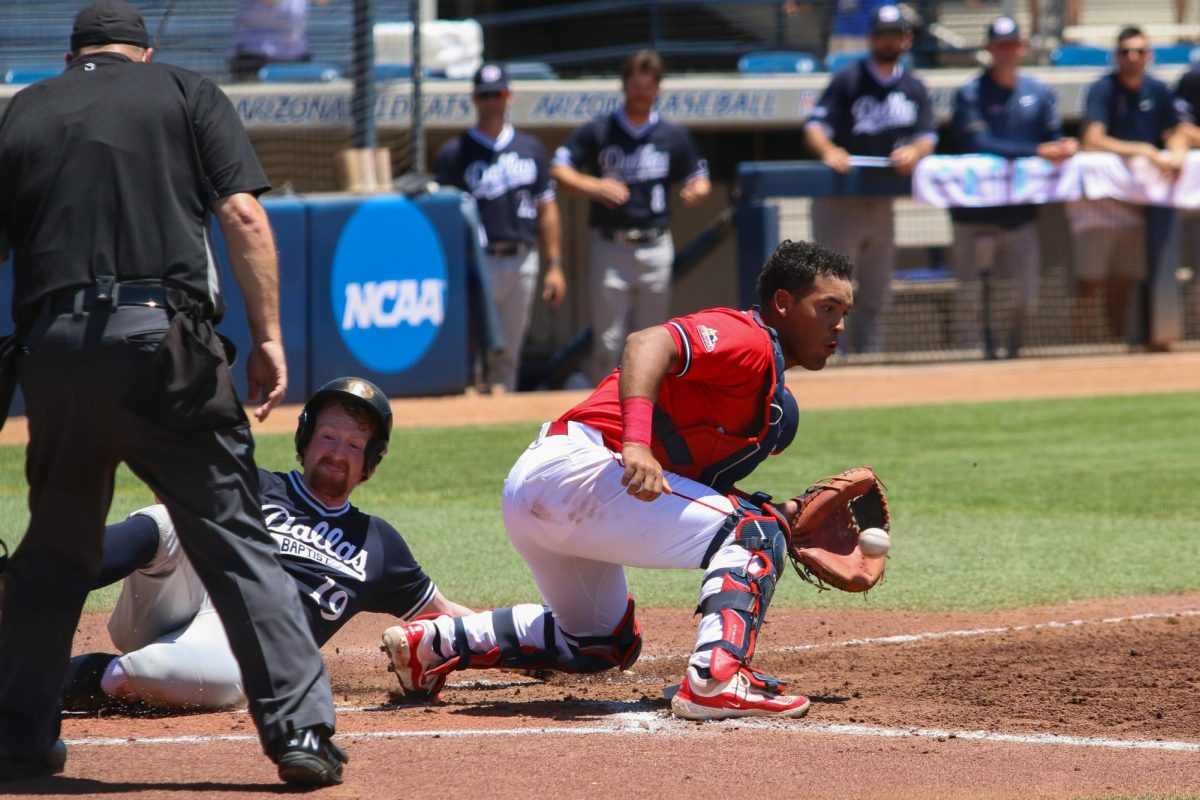The gay marriage conflict heated up considerably Wednesday in both the legal challenge to California’s Proposition 8 and separate lawsuits elsewhere over a federal law that bars the government from recognizing same-sex marriage rights.
In California, lawyers for same-sex couples urged a federal appeals court to immediately put Proposition 8 on hold and allow same-sex marriages to resume across the state. Gay rights advocates asked the 9th U.S. Circuit Court of Appeals to lift a stay on a federal judge’s ruling last summer striking down Proposition 8, arguing that the legal battle is dragging on so long that it is further depriving gays and lesbians of their equal rights.
The Obama administration, meanwhile, handed gay rights advocates a major policy victory, dropping its legal defense of the 1996 Defense of Marriage Act, which bars the federal government from recognizing same-sex marriages and denies equal benefits to gay and lesbian couples. The Justice Department issued a legal analysis concluding that the federal law violates the equal rights of same-sex couples, essentially the same argument behind the challenge to Proposition 8.
It will now be up to members of Congress or other groups to defend the federal law in cases pending in New York and Connecticut. Sen. Dianne Feinstein, D-Calif., said she would introduce a bill to repeal the 15-year-old federal law.
Lawyers challenging Proposition 8 quickly pounced on the president’s position as evidence that California’s same-sex marriage ban is unconstitutional and should be put on hold immediately, even if the court case remains unresolved. Former Chief U.S. District Judge Vaughn Walker, after holding an unprecedented trial last year, found the 2008 voter-approved law unconstitutional.
The 9th Circuit put Walker’s ruling on hold while an appeal of his decision proceeds, but that has been further delayed by legal wrangling in the California Supreme Court. The Supreme Court earlier this month agreed to the 9th Circuit’s request to review whether backers of Proposition 8 have a legal right to defend the law when the governor and attorney general refuse to do so — and the Supreme Court has indicated it may need the rest of the year to decide that issue.
Theodore Olson, one of the lead attorneys for two same-sex couples challenging Proposition 8, said the delays are “”intolerable”” for gay and lesbian couples because California’s gay marriage ban is unlikely to be upheld.
In court papers, he told the 9th Circuit: “”Each day plaintiffs, and gay men and lesbians like them, are denied the right to marry — denied the full blessings of citizenship — is a day that never can be returned to them.””
But Andrew Pugno, general counsel for the Proposition 8 campaign, called the plea to lift the stay “”just another attempt to impose the minority’s view of marriage on all of California by judicial fiat.””
“”There is no reason to nullify the election results by allowing gay marriage while this case is still pending,”” he said.
The state Supreme Court, in agreeing to consider whether Proposition 8 backers have legal “”standing”” to defend the law, indicated they would not hear arguments on the matter until at least September, which would mean a ruling would be unlikely until late this year.
And even if the Supreme Court allows gay marriage foes to defend the law, the case would return to the 9th Circuit to tackle the central issues next year.
That delay, same-sex couples now argue, warrants lifting a stay on Walker’s ruling, which would enable couples to marry while the case proceeds. Walker originally found that same-sex couples should be allowed to marry immediately, but the 9th Circuit put the brakes on the marriages to consider the appeal.
In a separate legal filing, same-sex couples asked the state Supreme Court to accelerate its handling of the case, urging the justices to hear the standing issue by May.








